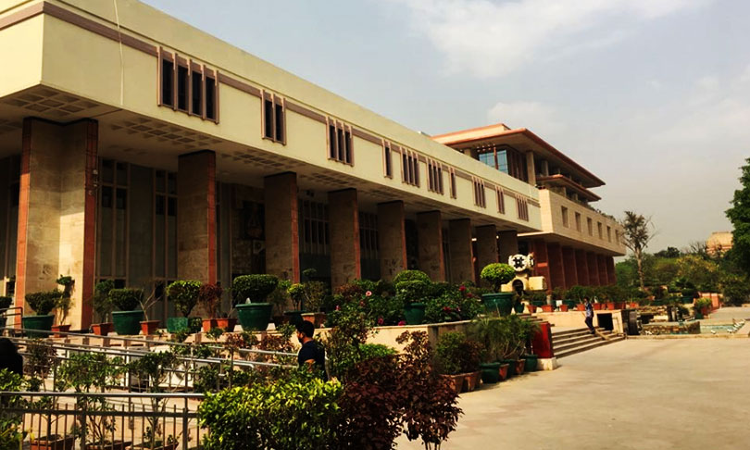Advocate Challenges Restriction On Legal Representation; Delhi HC Issues Notice
akanksha jain
28 March 2019 6:45 PM IST

Next Story
28 March 2019 6:45 PM IST
The Delhi High Court has issued a notice to the Centre, the Bar Council of India and others on a petition challenging the constitutionality of Section 17 of the Maintenance and Welfare of Parents and Senior Citizens Act which prohibits legal representation for any party before the Maintenance Tribunal. A bench headed by Chief Justice Rajendra Menon issued notices on the petition moved...
